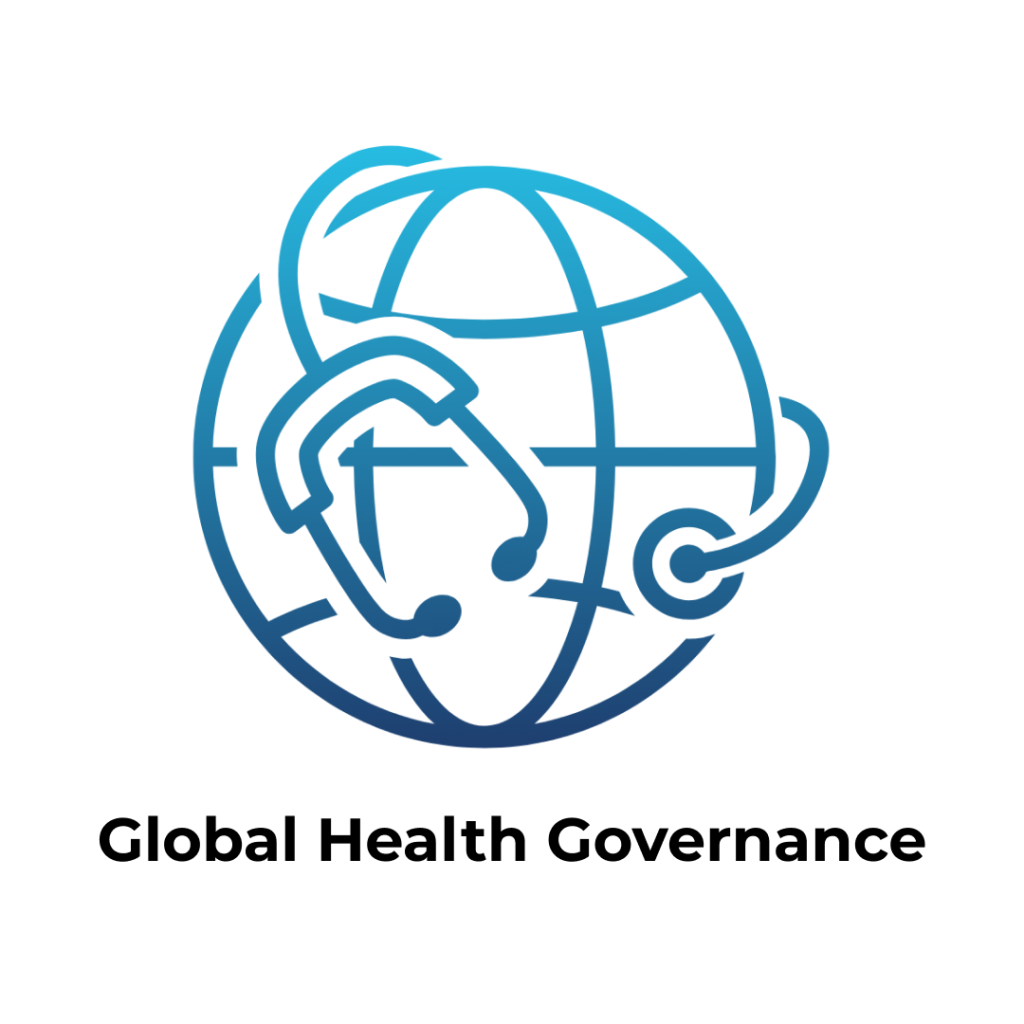The World Health Organization (WHO) embodies a pivotal pillar in the international health governance landscape. Positioned as a specialized agency of the United Nations, it seeks to address global health issues, provide leadership on health matters, and engage its member states in a collaborative pursuit to enhance public health worldwide. Critical to the operational efficacy of this agency is its leadership, most notably, the role of the President of WHO, often designated as the Director-General.
As of now, the Director-General is Tedros Adhanom Ghebreyesus, a prominent figure known for his dedication to global health initiatives. His tenure commenced on July 1, 2017, and marked a significant period of transformative leadership amidst the overarching challenges posed by various global health crises, including the COVID-19 pandemic. Tedros is noteworthy for being the first African to hold this esteemed office, which enriches the leadership profile of WHO by bringing insights from a uniquely diverse regional context.
Within the Christian perspective, the role of leaders in health governance resonates with theological principles that advocate for stewardship, care, and communal responsibility. Christians are often called to care for the ‘least of these’ as articulated in the scriptures. This concept resonates profoundly within public health, where access to healthcare and equity in health outcomes are paramount. The Director-General’s role is integral not only in administrative proceedings but also in embodying values aligned with Christian doctrine—values that emphasize compassion, equity, and the promotion of well-being.
The leadership approach adopted by the Director-General reflects a synergy of public health expertise and a commitment to ethical governance. Tedros emphasizes the importance of a global perspective in tackling health crises that transcend national borders. His strategies often involve advocating for vaccine equity, which aligns with the Christian doctrine of loving one’s neighbor. Access to vaccines and health resources—especially in resource-limited settings—mirrors the biblical emphasis on serving others and prioritizing the needs of the marginalized.
WHO’s approach to health governance under Tedros has also underscored the significance of science-based decision-making, reinforcing the notion that health policies must be informed by rigorous research and empirical evidence. This standpoint is reflective of the Christian commitment to truth and knowledge, welcoming contributions from various disciplines to enhance the collective understanding of health issues. The reliance on scientific data as a basis for health interventions underscores a philosophical alignment with the pursuit of truth inherent in Christian teachings.
Moreover, Tedros’ tenure has been defined by proactive communication, partnership, and collaboration with nations, NGOs, and civil society contextually relevant to their unique public health needs. This collaborative governance approach finds resonance in the Christian ethos, which celebrates community and corporate action. In a world plagued by division, the importance of global health diplomacy, as demonstrated by WHO, highlights the need for collective action to combat health inequities and disease outbreaks, mirroring the Christian call for unity and solidarity.
In addressing various health challenges, Tedros has exemplified transparency and accountability, aspects that are crucial in health governance. The Christian worldview encourages leaders to embody integrity, making decisions not solely for personal gain but for the greater good of humanity—a principle that harmonizes with the mission of WHO to serve all people irrespective of race, creed, or economic standing.
The Council of WHO represents a diverse assembly of member states that collaborates under the umbrella of shared health ambitions. This inclusive model echoes the communal aspect of Christianity, which values the contributions of various individuals albeit differing in opinions, backgrounds, and capacities. Here, the Christian perspective reinforces the notion that collaboration fosters innovation, leading to enhanced health outcomes worldwide.
As WHO heads into future initiatives, it must remain vigilant against emerging health threats, be they infectious diseases, non-communicable diseases, or global health inequalities exacerbated by economic fluctuations, climate change, and social upheaval. Tedros has articulated a call for a stronger global health architecture capable of preemptive action and rapid response. This foresight is critical; it embodies the proactive essence of Christian stewardship, urging societies to prepare and support one another in times of need rather than merely reacting post-crisis.
Ultimately, the landscape of global health governance is dynamic, and the role of the President of WHO is both challenging and vital. It requires wisdom, adaptability, and an unwavering commitment to health justice—qualities that align with Christian values. The agency, under the leadership of Tedros, endeavors to cultivate a healthier world through unity, equity, and sustainable practices. The theological tenets that advocate for service and responsibility toward others find practical expression in the daily operations of WHO, embodying a mission that transcends mere governance and embraces a higher calling.
In conclusion, as the Director-General of WHO continues to navigate the complexities of global health governance, the principles of Christian ethics can provide a moral compass for leadership, emphasizing the importance of service, compassion, and community. Such leadership fosters an environment where health for all becomes not only a goal but an achievable reality, illuminated by the values that underpin both global health initiatives and Christian teachings.



